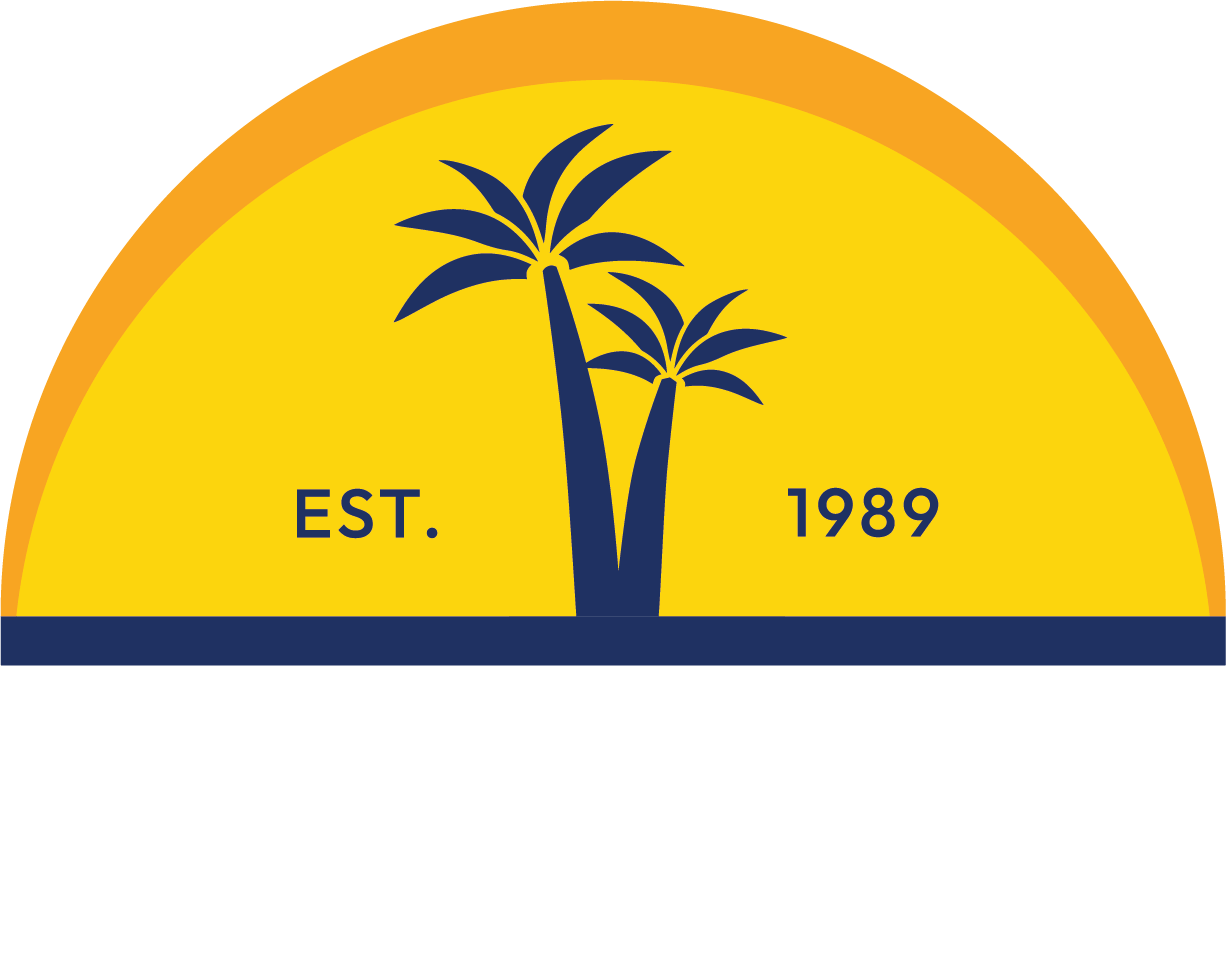Lower primary/ Key stage 1 Curriculum
Key Stage 1 Curriculum (Y1 & Y2)
We see the Lower primary years (KS1) as an important bridge between the fundamentals grasped in the Foundation Stage and the more rigorous concepts being grasped at Key Stage 2, and we work hard to make the transition a smooth one for our students.
Our curriculum comprises: English, Maths, Science, Arabic (Islamic Studies for Muslim pupils), French, Music, PE, Swimming, Topic (encompassing Geography and History), Art and Design, Social Studies and Moral Education, with specialist teachers delivering Computing, French, Music, Swimming, PE, Arabic & Islamic studies.
The timetable for the three terms evolves, as we tailor the learning to take into account the rapid development our children are making at this stage. In the autumn term of Year One, lessons are tailored to mirror FS2, with child-initiated play timetabled in a central area that has been carefully designed to focus on STEM subjects (Science, Technology, Engineering, Maths). As the children adapt to more formalised teaching and develop their learning stamina, lesson time is extended so that by the summer term, the timetable replicates Year Two, allowing the children to begin the next stage as confident, enthusiastic learners.
“All students have a very strong sense of personal responsibility both within the classroom and in the wider school community. Students are committed to doing their very best in all aspects of school life.”
– KHDA Inspection Report
Across every subject, we place an emphasis on independent learning – using a range of creative methods to engage our children’s enthusiasm. This is also the stage where we teach children to work together; developing the 21st century collaborative learning skills that they’ll need in the future. Where possible, we try to make all topics cross-curricular, so that children can put what they are learning into context and develop their real-life problem solving skills too.
We fully encourage investigation and inquisitiveness in all our students. At Horizon, it’s not enough to simply know something – we want our children to understand what they’re learning. Although the jobs of the future are impossible to predict, we believe that teaching children to apply what they know to the world around them, and learning with purpose, is the best way to prepare them going forward.
Next steps
